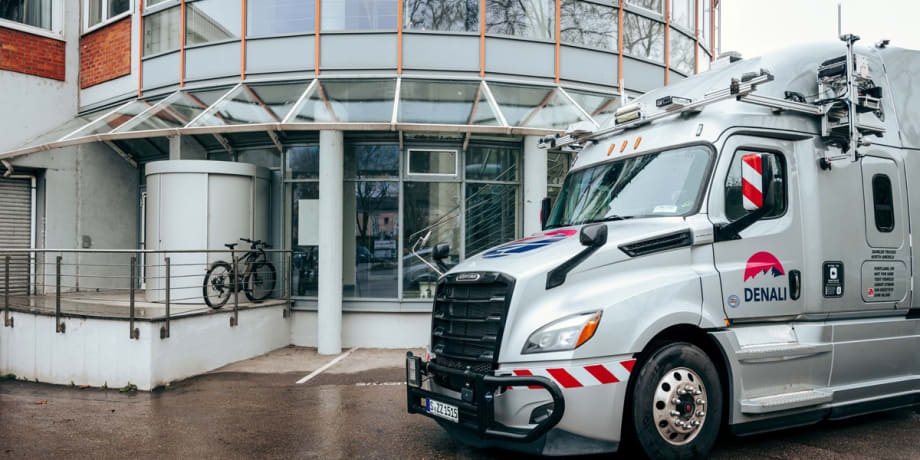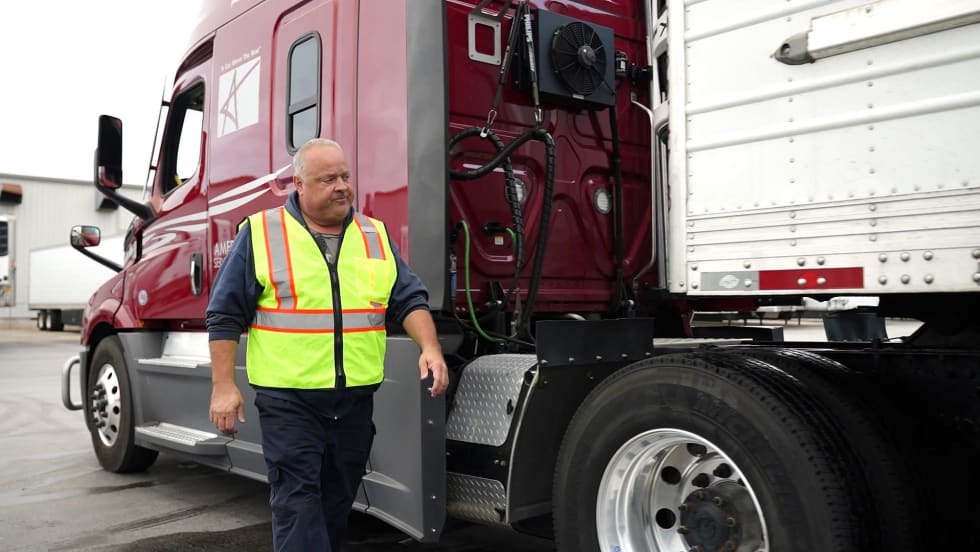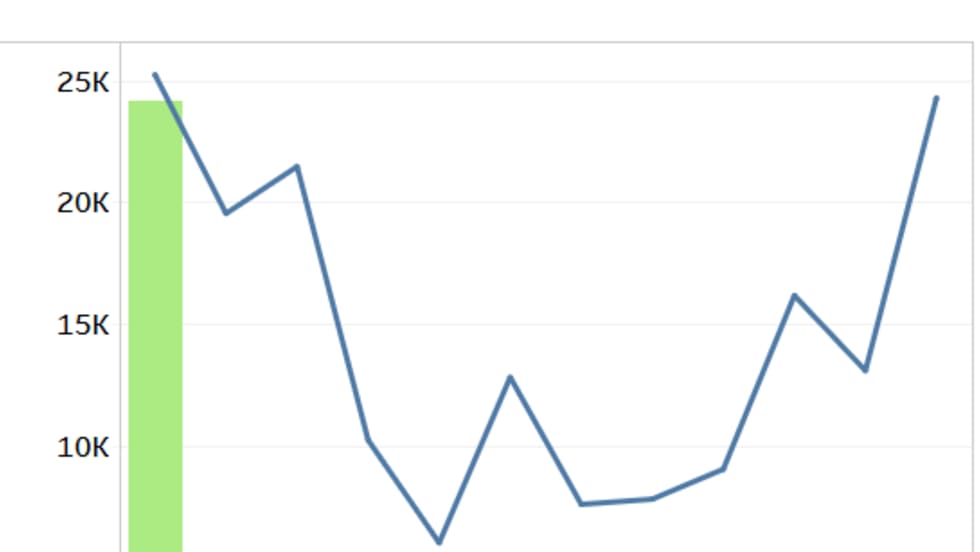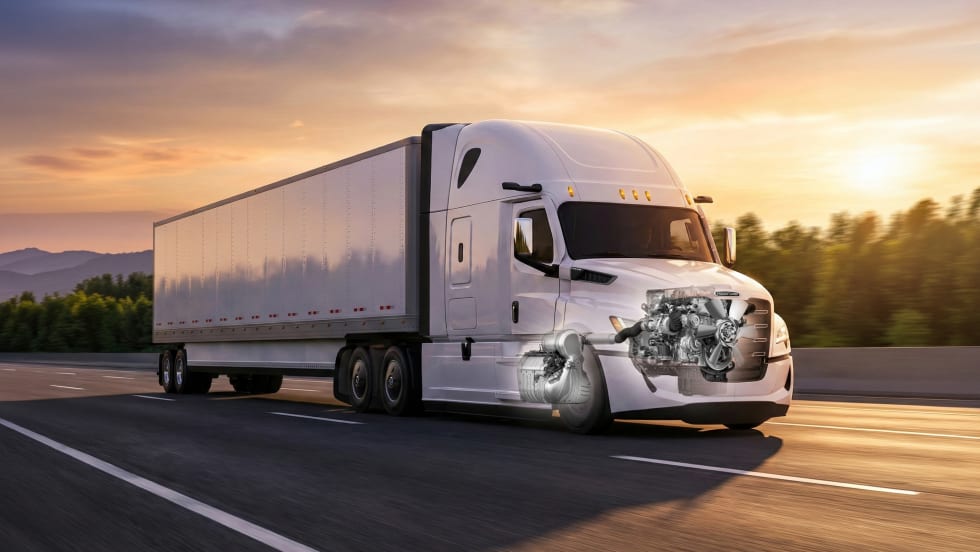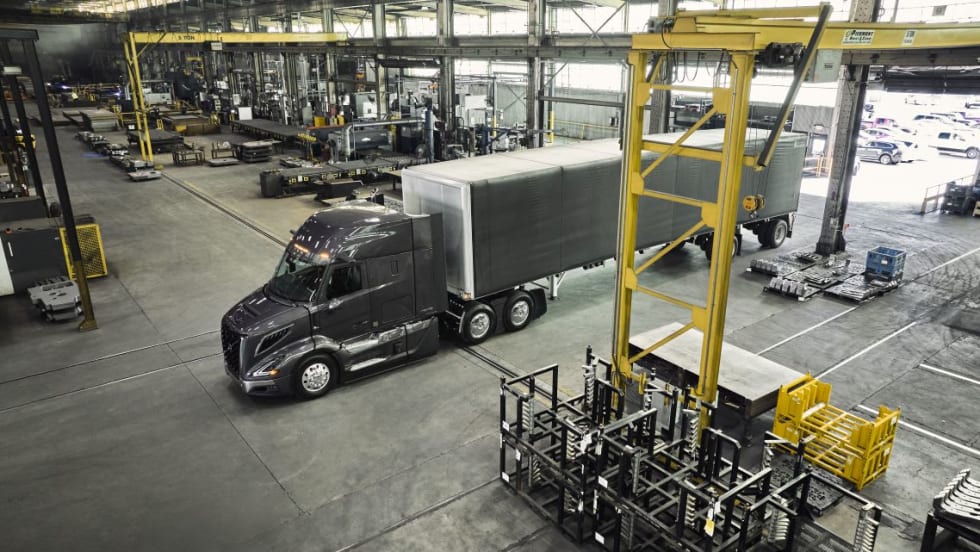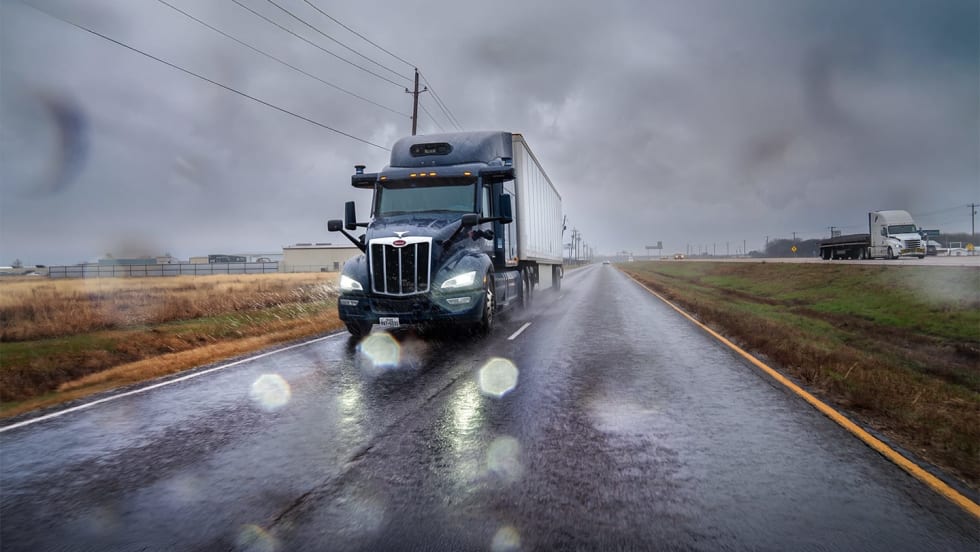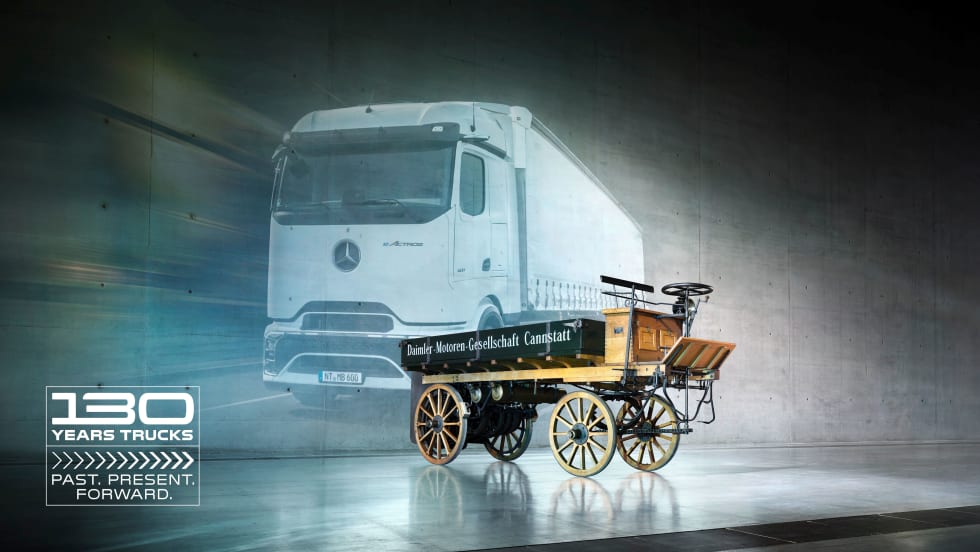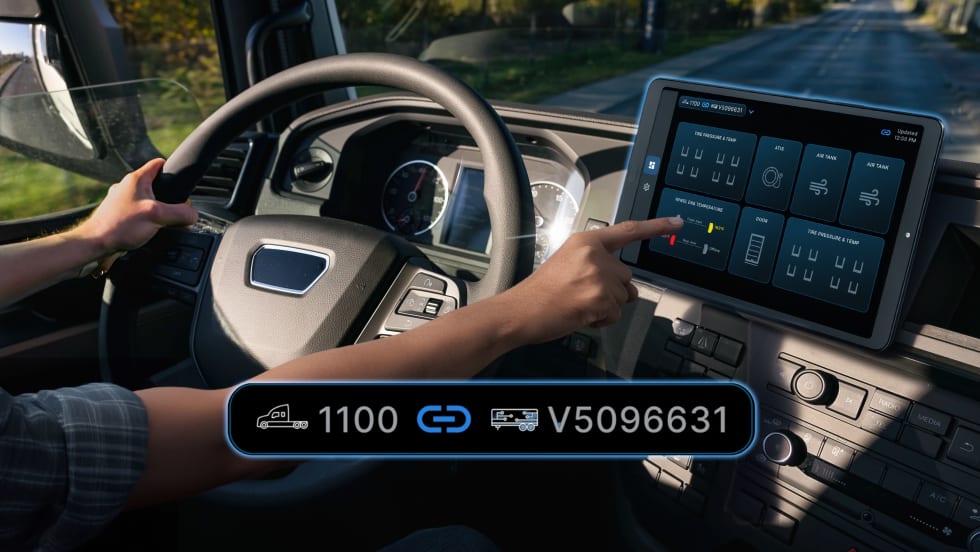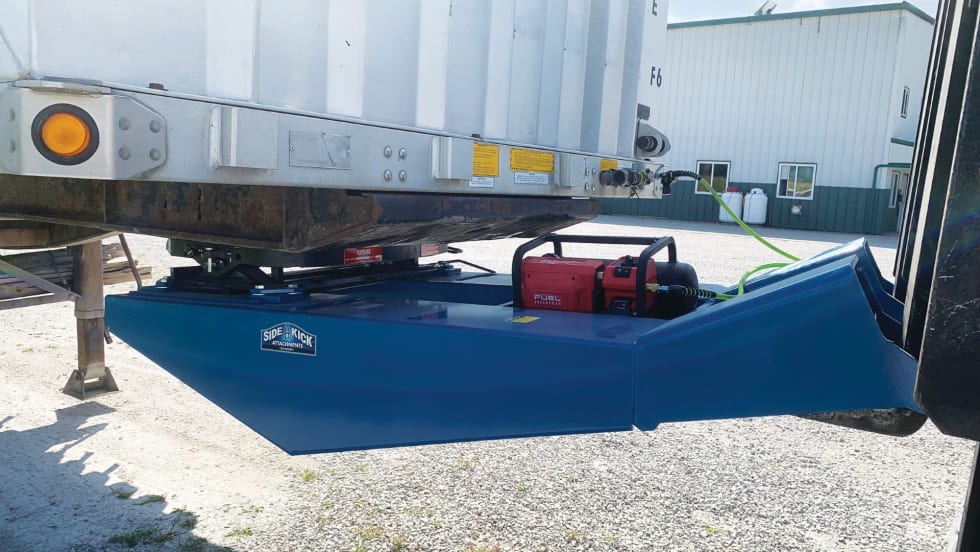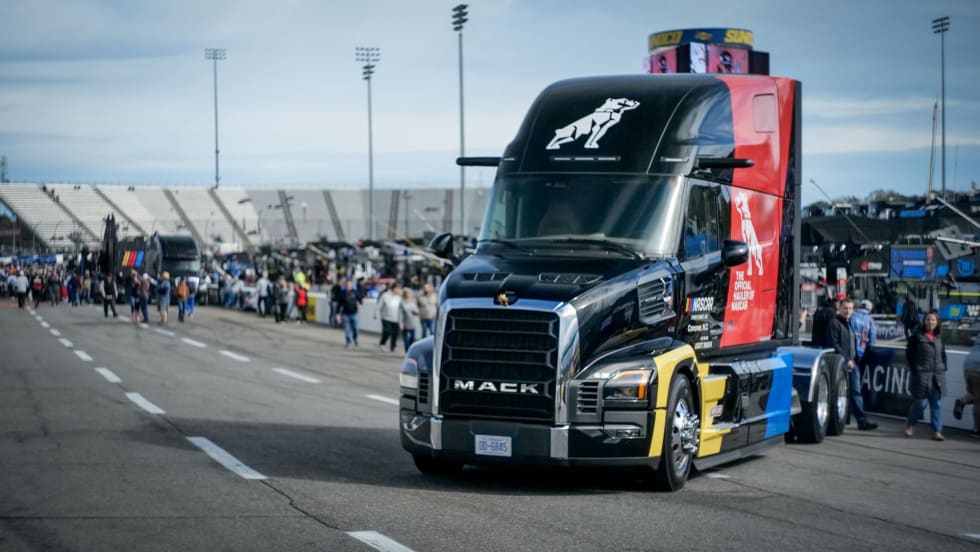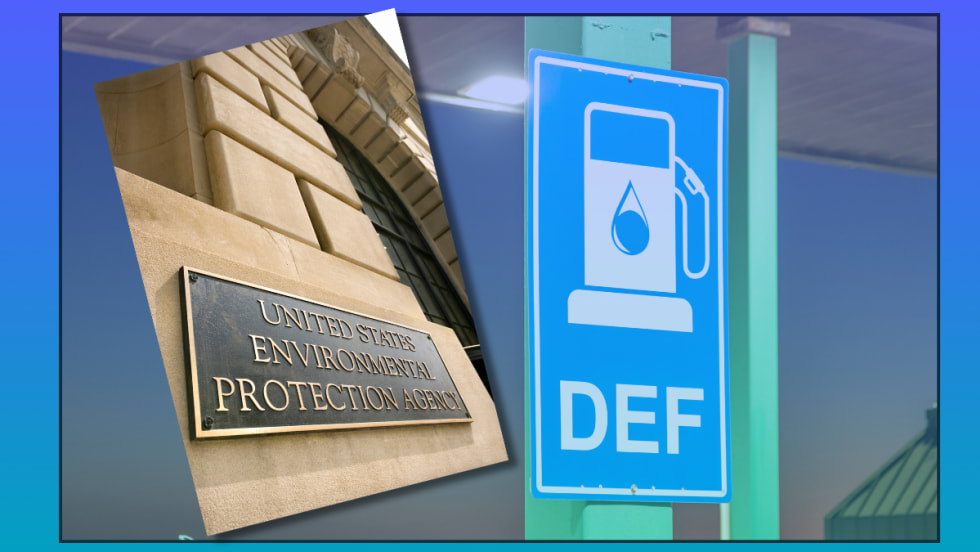Torc Robotics is opening a technology and software development center in Stuttgart, Germany. Based in Blacksburg, Virginia, Torc Robotics is an independent subsidiary of Daimler Truck AG
Torc focuses on SAE Level 4 self-driving vehicle software for heavy-duty vehicles. Torc Europe GmbH, a 100% subsidiary of Torc, said it will tap into the talent pool in the Stuttgart area, one of Germany’s prime automotive regions. The team will support the ongoing development of the Torc Level 4 autonomous “virtual driver” system for deployment in autonomous trucks in the United States.
“Torc is working closely with Daimler Truck to optimize the entire product stack including the virtual driver, sensing and computer hardware, and the redundant chassis, to be the first company to launch a scalable and profitable self-driving product,” said Torc Founder and CEO Michael Fleming.
“Torc’s Stuttgart technology and software development center will leverage the deep automotive and trucking technical and product expertise to make this a reality,” he added.
Torc and Daimler Truck are collaboratively pursuing a stated common goal of developing and rolling out autonomous trucks for long-haul trucking within the decade.
In 2019, Daimler Truck invested a majority share in Torc, the first autonomous tech company to form an integrated partnership with a truck OEM. Torc and Daimler Truck North America are ramping up development and testing in the U.S. Torc said its testing facility in Albuquerque allows daily, multi-shift runs of Torc’s autonomous test trucks on highways in New Mexico and Texas.
New Briefs from Around the World
MAN’s launch date for electric heavy trucks: Germany-based MAN Truck & Bus SE is pushing forward the production launch date for its upcoming line of heavy-duty battery-electric trucks by nearly twelve months to the beginning of 2024. The OEM announced this at the recent unveiling of a prototype truck at its Nuremberg facility. MAN CEO Alexander Vlaskamp said an initial run of 200 units is slated for production in early 2024 at the firm’s Munich plant. At Nuremberg, MAN has been investing in research and development into building its own battery packs for its electric truck and bus line-ups. Vlaskamp also stated that MAN is developing service packages tailored for e-mobility products. He commented that “we need to drive the electrification of our fleet even faster. However, we will only succeed in ramping up e-mobility if we support our customers in their transition and convince them to do so. To this end, we are creating integrated digital solutions and charging offers.”
Hyundai, Iveco seek to collaborate: Korea’s Hyundai Motor Company and Italy’s Iveco Group have agreed to explore opportunities to collaborate in several key areas, from vehicle technology to joint component sourcing and mutual vehicle supply. The two OEMs signed a Memorandum of Understanding at Hyundai Motor’s headquarters in Seoul in March. In a statement, Hyundai said the agreement is a “further step in Hyundai Motor and Iveco Group’s independent strategies to create leading innovative solutions… by building an ecosystem of mutually beneficial partnerships.” Essentially, as competition grows globally, the two companies are aiming to share costs in the development of new technologies and component sourcing, as well as creating synergies in areas such as product sharing and market access.
Volvo grabs EU electric lead: Volvo Trucks was the market leader for electric trucks in Europe in 2021, selling 145 trucks to attain a 42% share, according to statistics released by market analysis firm IHS Markit Ltd. In 2021, a total of 346 electric trucks over 16 tons were registered in Europe, marking a 193% increase over 2020. Volvo Trucks began full production of its electric FL and FE trucks in 2019 and was one of the very first major truck brands to enter the electric truck segment. It is set to launch production electric versions of of the heavier FH, FM, and FMX models this Fall.
Cummins’ ‘fuel-agnostic’ powertrain lab: Cummins Inc. has announced it will open a new Powertrain Test Facility at its Darlington, U.K. campus. Ground preparation work has begun on the site, with the firm expecting the first phase of the GBP14 million investment ($17.4 million) expected to launch by May 2023.
Designed to be “fuel-agnostic,” the facility will enable Cummins to develop and test a range of power technologies. This announcement follows the recent news that
Cummins is developing a fuel- agnostic engine platform, intended to be able to run on hydrogen, natural gas, or diesel.
Dynamometers at the new U.K. site will be able to test not only powertrains, but also chassis-installed powertrains and vehicles. This capability will extend in size from a compact SUV to heavy-duty as well as buses and off-road equipment.
Covering a 738 square meter (7944 sq ft) footprint, the two-story Powertrain Test Facility will also generate sustainable electricity. For example, the dynamometers and test cells’ energy-recovery systems can provide energy to the test facility as well as the wider Cummins site. In addition, rainwater will be collected to use in the facility’s cooling towers to help cut water consumption.
“The new facility will further enhance the ability of Cummins European Technical Operations to introduce low-to-zero carbon power solutions and meet the forthcoming Euro VII very low emission regulations, likely to take effect around 2025,” stated Jonathan Atkinson, executive director of Cummins on-highway business in Europe.
The Darlington test center also co-locates manufacturing, technical, testing, and business services on a single site with around 1,500 employees. According to Cummins, the new Powertrain Test Facility will provide opportunities to “upskill” current employees as well as recruiting and training new employees.
Hotline Global is produced in partnership with UK-based Truck & Bus Builder. A free trial subscription to T&BB is available.This news first appeared in the May 2022 issue of Heavy Duty Trucking.




